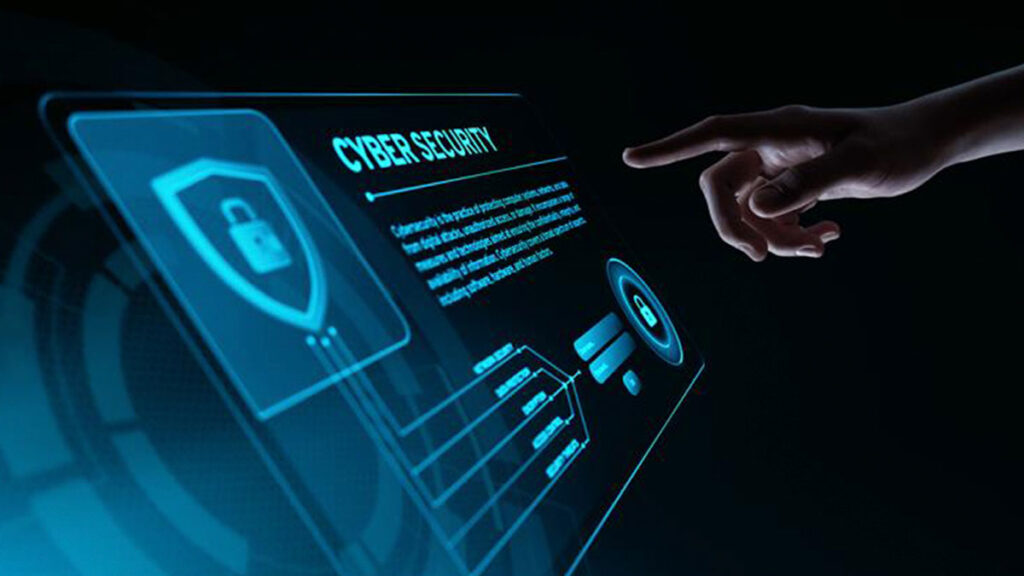As cyber threats become more advanced, small businesses are increasingly exposed to attacks. Without the proper cybersecurity measures, your business could be at risk of data breaches, financial loss, and reputation damage. In this article, we will look into the critical cybersecurity basics that small businesses ought to focus on in order to shield themselves and their e-assets.
Why Cybersecurity is Essential for Small Businesses?
Cybercriminals always target small businesses due to limited security resources. However, they handle valuable data, including customer information and financial records, making them prime targets. Without a strong cybersecurity strategy, your business risks costly attacks. According to the National Cyber Security Alliance, 60% of small businesses close within six months of a cyberattack and lets see how we can protect businesses from downtimes.
Implement Multi-Factor Authentication (MFA)
One of the best ways of protecting your business is by using Multi-Factor Authentication (MFA) for all users. MFA requests additional verification from the user in addition to their password which enhances security. It can be in the form of sending a code to a mobile device or using biometrics like fingerprints.
- Why MFA is Crucial: Even if your password is compromised, hackers need the second factor to gain access.
- Best Practices: Enforce Multi-Factor Authentication (MFA) for all critical systems, including email, banking, and cloud services.

Encrypt Business Data
Data breaches are a significant concern for small businesses. Encrypting your data ensures that even if a hacker accesses it, they won’t be able to read or use it without the encryption key.
- How Encryption Works: Encryption converts your data into an unreadable format only authorized users can decrypt.
- Where to Use Encryption: Encrypt sensitive customer information, financial records, and business communications.
Conduct Regular Employee Cybersecurity Training
Employees are often considered the weakest link in cybersecurity. Human error leads to clicking on phishing links and sharing passwords, among other things. Therefore, regular employee cybersecurity training is required to educate employees on how to identify risks and avoid mistakes that can compromise your business.
- Training Topics: Phishing attacks, password management, and safe browsing practices.
- Frequency: Conduct training sessions at least quarterly to keep employees informed about emerging threats
Use Strong Passwords and a Password Manager
Weak or reused passwords are one of the easiest ways for cybercriminals to access your business systems. Encourage employees to create unique passwords and store them securely using a password manager.
- Password Strength Tips: Use a mix of uppercase and lowercase letters, numbers, and special characters.
- Password Manager Benefits: A password manager helps generate, store, and autofill passwords, improving security and convenience.
Secure Your Network with Firewalls and Antivirus Software
Securing your business network is critical for preventing unauthorized access and malware. Firewalls serve as a barrier, preventing unwanted traffic, whereas antivirus software detects and eliminates malicious programs before they cause damage.
- Firewall Setup: Configure your firewall to block incoming and outgoing malicious traffic.
- Antivirus Protection: Keep your antivirus software updated to detect the latest threats.
Regular Backups and a Business Continuity Plan
Cyberattacks can disrupt your business operations, making having a business continuity plan and regular data backups crucial. Backups ensure you can quickly restore your systems in case of an attack, such as ransomware.
- Backup Frequency: Perform daily backups of critical business data and store them securely offsite or in the cloud.
- Test Backups: Regularly test your backups to ensure they can be restored quickly and thoroughly.
Monitor and Respond to Cybersecurity Incidents
Cybersecurity is not just about prevention but also detection and response. Monitoring your network for suspicious activity allows you to spot potential threats before they escalate. An incident response plan ensures you can respond swiftly and effectively to minimize damage.
- Monitoring Tools: SIEM (Security Information and Event Management) tools are used to detect and analyze unusual activity.
- Incident Response Plan: Prepare a plan with clear containment, communication, and recovery steps in case of a breach.
Ensure Cybersecurity Compliance
Your business may need to comply with different cybersecurity regulations, such as HIPAA for healthcare providers or PCI-DSS for companies that process credit card transactions. Failure to comply can result in fines and loss of customer trust.
- Compliance Checklist: Familiarize yourself with the cybersecurity standards relevant to your industry and ensure your business meets them.
- Ongoing Compliance: Regularly audit your cybersecurity practices to ensure ongoing compliance.
Regularly Update Software and Systems
Keeping your software and systems up to date is one of the easiest ways to defend against cyber threats. Cybercriminals often exploit vulnerabilities in outdated software, so it’s important to apply updates and patches promptly.
- Automated Updates: Set software to update automatically whenever possible, ensuring your systems are always protected.
- Update All Systems: Ensure that operating systems, applications, and security tools are regularly updated
Secure Your Wi-Fi Network
Your business’s Wi-Fi network should be secured to block unauthorized access. Use strong encryption, such as WPA3, and ensure your Wi-Fi password is strong and unique.
- Wi-Fi Network Configuration: Disable WPS (Wi-Fi Protected Setup) and set up a guest network for visitors.
- Change Default Credentials: Always change your router’s default Username and Password.
Conclusion
Safeguarding Your Small Business with Cybersecurity Best Practices
In the current digital age Cyber security is essential. It’s not a luxury. Small businesses are prime targets for cybercriminals. And the consequences of a data breach can be disastrous. It means that the following critical cybersecurity measures can be put in place in your business to protect it against cyber threats: multi-factor authentication, data encryption, and training of employees on how to conduct themselves online.
Remember, cybersecurity is an ongoing process. Stay up to date on emerging threats, update your systems on a regular basis, and implement a proactive security strategy. This will protect your business from the growing risks of the digital world and build a more resilient organization for the future.
Why Chose Tek Leaders?
When you need cybersecurity help, Tek Leaders is the company to call. We offer custom cyber security solutions made just for businesses. We offer complete protection for your business, including threat prevention, compliance, and employee training. This lets your business grow safely. Our proactive approach, which includes advanced monitoring, responding to incidents, and regular system updates, keeps you ahead of threats as they appear. We don’t just protect your business at Tek Leaders; we also help it become more resilient, which protects your data, reputation, and future. We can give you peace of mind so you can focus on growing your business when you work with us.




